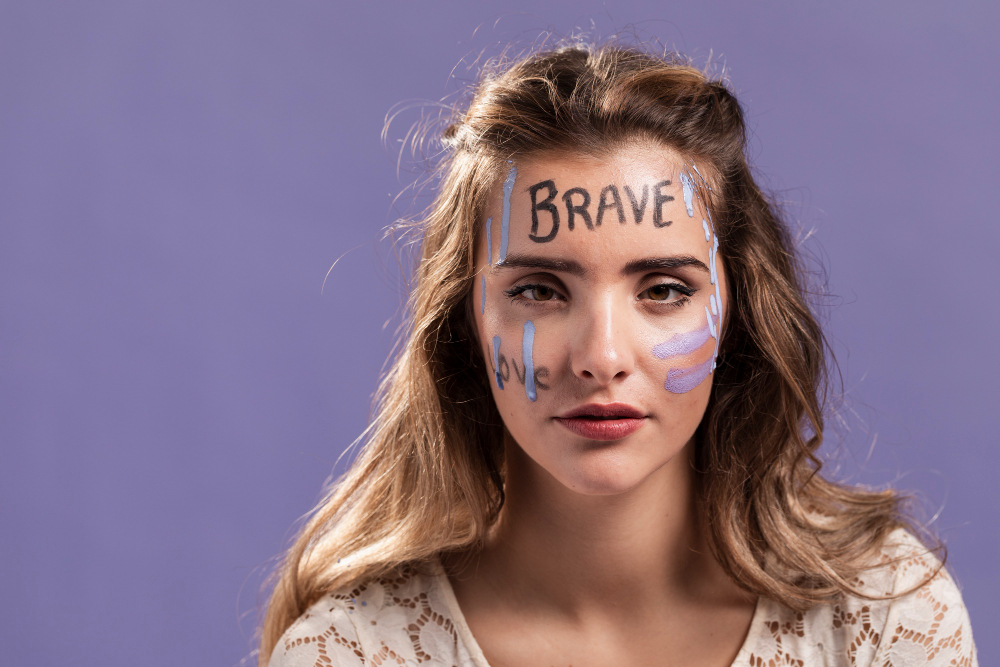How trauma survivors are often mislabeled as “resilient” while they’re drowning.
You learn early that falling apart makes people uncomfortable. So you learn not to. That’s the kind of woman people quietly rely on — the one who doesn’t fall apart. The one who always “manages.”
At some point, that became me. I didn’t plan it. It just… happened. You keep things going long enough — the house, the kids, the image — and eventually, everyone starts believing you’re made of something different. Something tougher. Something less in need of help.
They start calling you “strong.” They say it with admiration, sometimes even envy. But here’s the truth no one talks about: being strong is often a trauma response.
Strength as Survival
I didn’t choose strength. It was handed to me when softness became dangerous. When vulnerability meant being mocked. When crying meant being called dramatic. When asking for help meant I would be punished with silence or humiliation.
So I adapted. I became high-functioning in chaos. I could manage a household, raise children, handle finances, and absorb emotional abuse — all without flinching. People saw grace. What they didn’t see was the dissociation.
They saw poise. What they didn’t see was the panic attacks in the bathroom at night. They called it resilience. I called it survival.
The Myth of “She Can Handle Anything”
Strength becomes a burden.
It isolates you.
It exhausts you.
It erases your humanity.
It chips away slowly:
- You forget what your own preferences are.
- You feel guilty for taking a nap.
- You apologize for setting boundaries you should never have had to say out loud.
- You develop health issues from stress and still blame yourself for not doing more.
- You stop dreaming — because maintenance is all you have energy for.
This is the kind of burnout that doesn’t make headlines. Because it looks like “functioning.” But inside, you’re disappearing.
It took a massive emotional breakdown to know I Am Tired of Being Strong
I am tired of holding everything while being called “blessed” for doing it alone.
I am tired of being praised for how well I “handled it” — when what I really wanted was for someone to say,
“You shouldn’t have had to.”
For Every ‘Strong Woman’ Reading This
If you’ve been told:
- “You’re so resilient” after surviving abuse
- “You don’t look like someone who’s going through so much”
- “I wish I had your strength”…
know that you don’t need to perform painlessness to be worthy of help. You are allowed to not hold it together.You are allowed to ask for softness. You are allowed to break — because breaking isn’t the opposite of strength. It’s part of healing.
Follow for more reflections on the quiet, complex lives of women who carry too much — and are learning to carry less.
You don’t need to explain your story to belong here.
Just come as you are.






